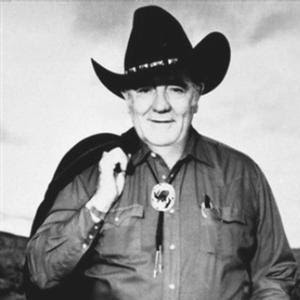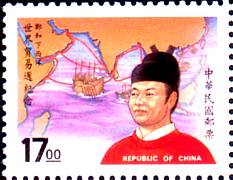RUSH REVERE and the BRAVE PILGRIMS: TIME-TRAVEL ADVENTURES with EXCEPTIONAL AMERICANS (audiobook) by Rush Limbaugh

Published by Simon and Schuster in 2013. Read by the author, Rush Limbaugh. Duration: 4 hours, 31 minutes This is bound to irritate some listeners of Rush who may not read any more than the simple fact that I was not impressed by this book. Let my establish my bona fides right off. I have been a semi-regular listener to Rush since 1991 when I heard his parody song about Ted Kennedy called "I'm a philanderer" to the tune of Dion's "I'm a Wanderer." I have read Rush's books. I remember his TV show, if you look at my reviews you will see that I'm fairly well-read in Conservative literature and I even have a subscription to National Review. That being said, I cannot say that I was a fan of this book. I am a history teacher and I really have no problem with the history Rush presented. The book is about the Puritans, the Mayflower, their trip across the ocean and their first year in the New World. It was a bit simplistic and did not go into m...















